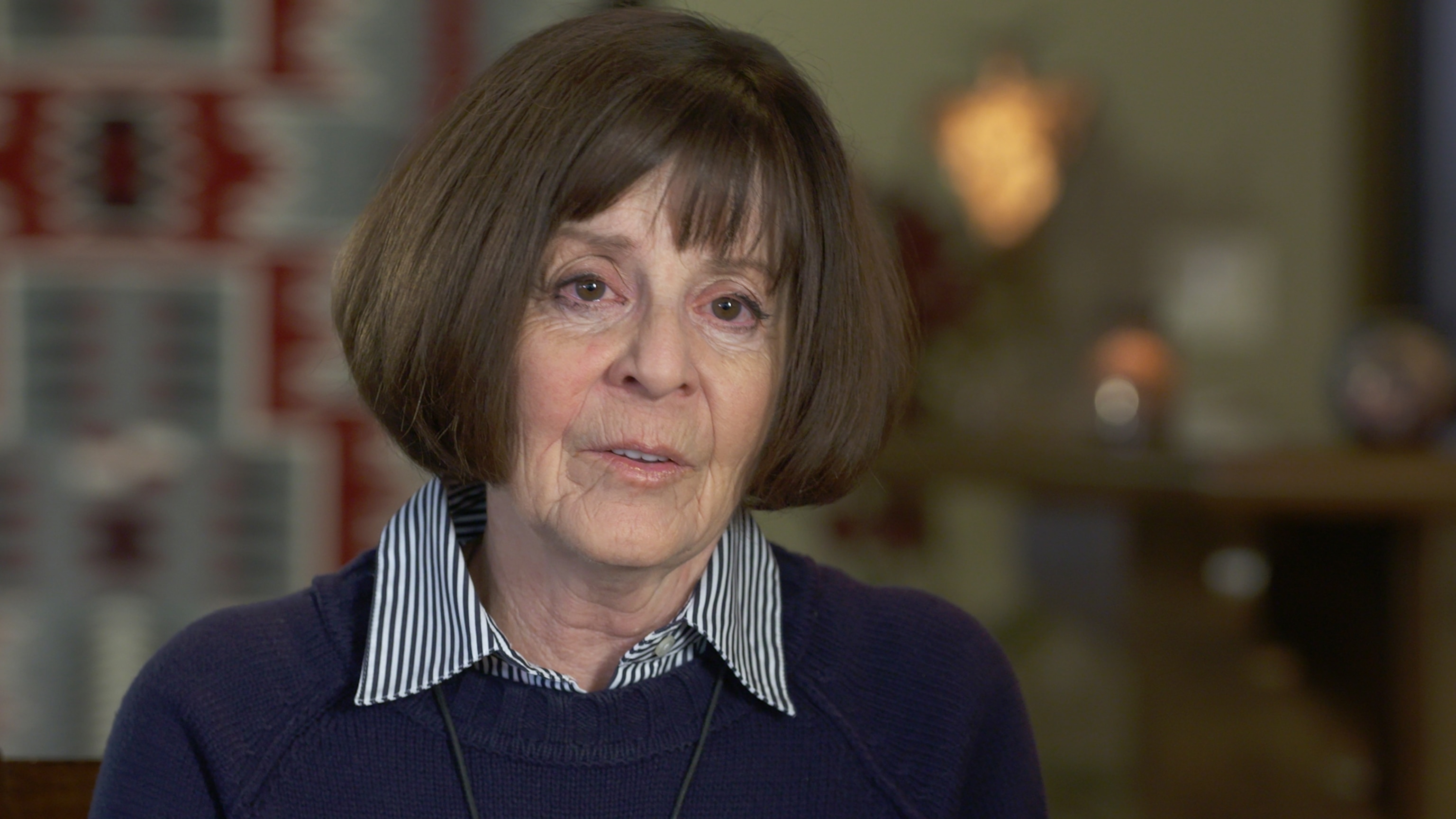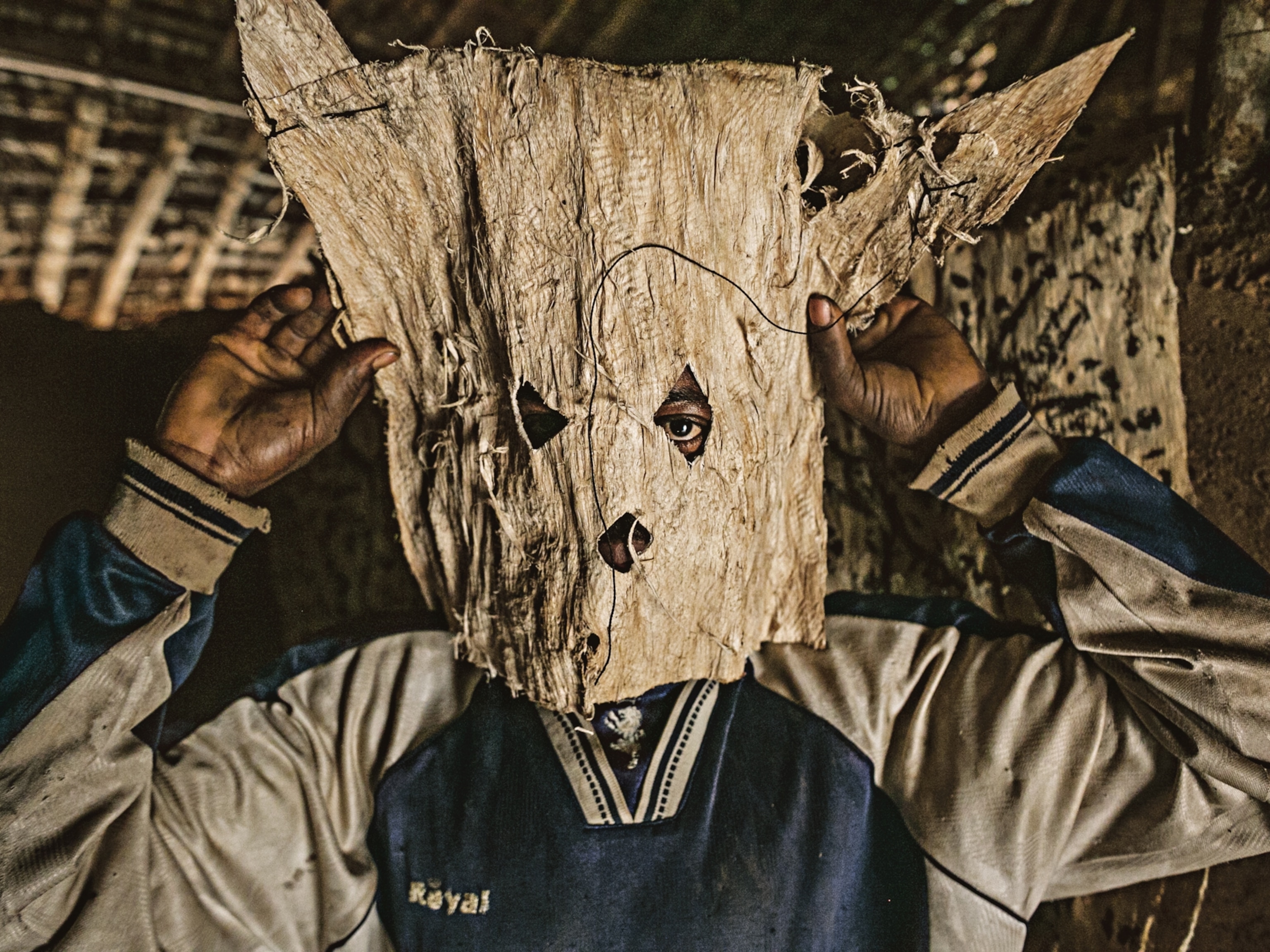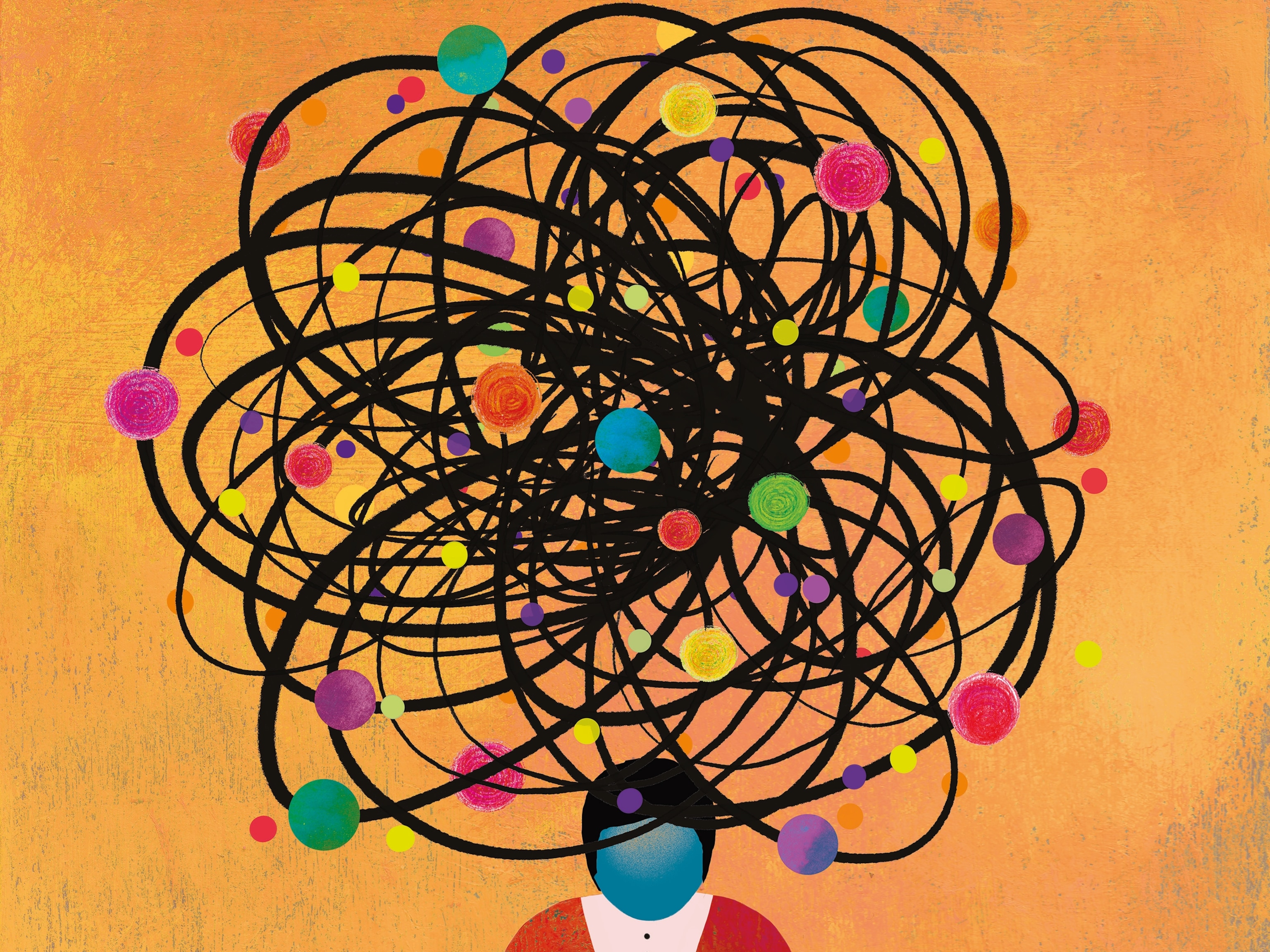
Meet the scientist who took on the first Ebola scare in the U.S.
Army veterinarian Nancy Jaax shares her experiences from the front lines of an alarming appearance of the virus in a Virginia lab.
Thirty years ago, scientists working at a lab facility in Reston, Virginia, scrambled to contain a deadly virus: Ebola. Monkeys that had been shipped to the lab from the Philippines were testing positive for the illness, which had never before been detected in the United States. As the monkeys became sick and began to die, officials established a protocol to try to prevent an outbreak. If the virus spread, the scientists believed, it would be a serious threat to public health. (Find out about the world’s second biggest outbreak of Ebola, which is currently raging in the Democratic Republic of the Congo.)
Nancy Jaax, a U.S. Army veterinary pathologist, played a key role in managing the situation, which inspired the 1994 book The Hot Zone and has now been adapted into a six-part miniseries premiering on National Geographic on May 27. We spoke with Jaax about her military career, what happened in Reston, and what lessons people can take away from the incident.
This interview has been edited for length and clarity.
Talk a little bit about your background and how you came to be an army veterinarian. What led you to this line of work?
[My husband] Jerry and I grew up in small rural communities, and I went to veterinary school for probably the same reason that all kids go to vet school: You want to help animals. You go in and you learn about things and you’re going to save animals. You’re not really aware of all the other things that you can do with a veterinary degree.
Manhattan, Kansas, where we lived, is a pretty small town, as far as veterinary practices go. This was the tail end of the Vietnam War, and Ft. Reilly was very close by, and so Jerry called the personnel officer and said, My wife’s got a year of vet school left, and I think I’d like to join the Army. So he did, and then a year later we were in the same position reversed: I was ready to look for a job, so we chatted about it, and he called up the personnel officer again and said, Hey, my wife is really interested in joining the Army. If there’s somewhere that you can send us that we want to go and we can be together, we’ll do it.
So we went to Seattle, and then we went to Germany, where we did a lot of work with guard dogs. We actually diagnosed the first coronavirus that was ever diagnosed in dogs, and we got it published. I found through that process that what really interested me in medicine was finding out how things work, why they happen, and why they happen the way they do. And because we had actually done some publishing, our corps general suggested we go to the Washington area and take a look at the Army’s residency programs, because the Army’s really big on continuing education. When we went to the United States Army Medical Research Institute of Infectious Diseases (USAMRIID) we just really liked it. We have different specialties, but they’re very compatible. Jerry was in laboratory animal medicine and I was in the veterinary pathology program, so they really allowed us a full career path together.
The Ebola part came up a little bit later. In the early ‘80s, we didn’t know anything about the disease, and my boss called me in and he said, I think I’ve got the perfect project for you. I liked medicine, I liked to figure out how things worked, and so I volunteered for the project. There was nothing known about this agent other than it had over a 90-percent lethality, and so it was a very satisfying type of research to be involved with. If you’d have asked me in vet school if I was going to be a veterinary pathologist doing that kind of work, I would have never even known it existed.
What exactly was your role in the Reston lab?
There weren’t that many of us who were really well versed in Ebola. I had worked a lot with it, and at the time that these monkeys had gotten sick, the people working with them thought it was simian hemorrhagic fever, and they shipped us some samples. What I do as a veterinary pathologist is I look at the pathology of the actual tissues under a microscope, and that’s how you look for evidence of the virus. I went to the lab and asked to see slides from the monkeys that were dying, and it was very clear that they contained hallmarks consistent with Ebola virus.
I performed postmortem examination of tissue and postmortems on the animals that were sick. The interesting thing about these monkeys is they actually had coinfection with two very lethal agents—they did have simian hemorrhagic fever, which is not contagious to people, and they also had Ebola. It’s important to recognize that at that time, we only knew two strains of Ebola, and both of them were extremely lethal. So we didn’t know how lethal this was going to be. As far as we knew and our diagnostics knew, this was Zaire ebolavirus, which is often fatal. (Here’s why Ebola has been such a difficult virus to vanquish.)
Looking back at that situation, what scared you most?
The thing that scares you the most is that it was going to get out of the building. The very first outbreak of a filovirus [the group of viruses that includes Ebola] was a virus called Marburg, and it happened in a vaccine facility where they produced polio vaccine. A lot of people got infected with the virus and died, so that engendered the current quarantine regulations, which state that any non-human primate coming into the country is quarantined for 30 days, because these viruses always break in quarantine. The monkeys in Reston were in quarantine, but what you worry about is if there had been a human exposure—somebody who worked in the lab and then got sick and then it transitioned to somebody else. So that’s your big worry.
We know that Reston ebolavirus, the name given to the strain discovered in the lab, did not make any humans sick. Why was it so lethal for monkeys but not people?
Four or five of the caretakers that worked at the facility actually did get infected and see the virus—it just didn’t make them clinically ill. When we went to depopulate the facility, there were about 47 or 48 of us, and nobody seroconverted, meaning their bodies weren’t shown to be developing antibodies, which is an indication of an immune response. We don’t know exactly why Reston didn’t make people sick, but the take-home message was that the safety procedures we used and the way we handled it worked. Nobody had done this before, because this had never happened, and our procedures became the model for what to do if one of these diseases really comes.
Part of the procedure to contain the virus involved putting down the monkeys. How did you balance your role as a scientist with your role as a veterinarian?
We understood the importance of human animal modeling and what was necessary to develop cures for disease, and we fully accepted that. And as Jerry would attest, there were 25 veterinarians at USAMRIID whose job was to make sure that the animals are well taken care of.
It is difficult to see them extremely ill. When you’re looking at these monkeys and they’re really sick, they’re just as sick as people, that’s the tough part. Nobody likes that. But you recognize that there’s a higher purpose and a higher calling. Certainly in Reston, those animals were going to die. Euthanasia was a humane alternative to that. None of those monkeys would have survived. So again, it was difficult to do and it’s never easy, but you recognize that it is the compassionate alternative.
Can you tell us a little more about the dangers Ebola poses to wildlife?
The big problem with Ebola right now, I think, is that it’s virtually almost wiped out the gorilla population. Because non-human primates are very susceptible, and the Ivory Coast strain killed a lot of chimps, it is very dangerous to those animals, without question. Through research we did figure out that it was transmissible [from animals to humans] through eating, and we think that’s how it jumped species originally—through bushmeat consumption in Africa. The animals are hunted in the forest and then they’re sold in the markets.
Do we know yet what the origins of Ebola are, what the host is?
No, but I think we’re getting closer and closer. In the beginning, many of the old timers believed that the virus that causes Ebola is very closely related to the rabies virus. Bats can actually sustain rabies in their salivary glands, so we felt that bats were involved somewhere, but we never could find any bats that were sick. But of course now they have, so it’s becoming clear that bats are probably part of the reservoir. (Read more about the search for the source of Ebola in National Geographic magazine.)
Can you talk about what you’ve seen with zoonotic diseases since the Reston situation?
West Nile fever is a zoonotic disease that was diagnosed also by a veterinary pathologist named Tracey McNamara. She brought those tissues up to USAMRIID and jointly we determined that that’s what it was. Lyme is another one. People used to think it was only in deer, and of course it’s not, it’s now in a mouse reservoir. Lyme is a much bigger problem than a lot of people originally realized or admitted. Certainly there are others, like the flu, which circulates through birds and pigs, and anthrax, which is primarily associated with cattle. It’s very common through the Midwest and of course has been identified as the premier biowarfare agent.
The story of The Hot Zone highlights you as a woman in a field dominated by men. Can you speak to that?
It was the truth, but it was never really an issue for me. I was very lucky to work for bosses who appreciated what I could do, and I was good at my job. But at that time, my vet school class had one of the largest number of women go through it that had ever been through—and there were only eight of us out of 80. Until then, the standard average was two out of 80. That’s not the case now, but to make it through vet school as a female in that era, it just wasn’t that common. And then you go into the Army, it really wasn’t common there! So you are kind of the only one in the corral that’s in that category. But I honestly felt like I always got a real fair shake. I never felt that anybody went, Well, she’s a woman, she can’t do this.







